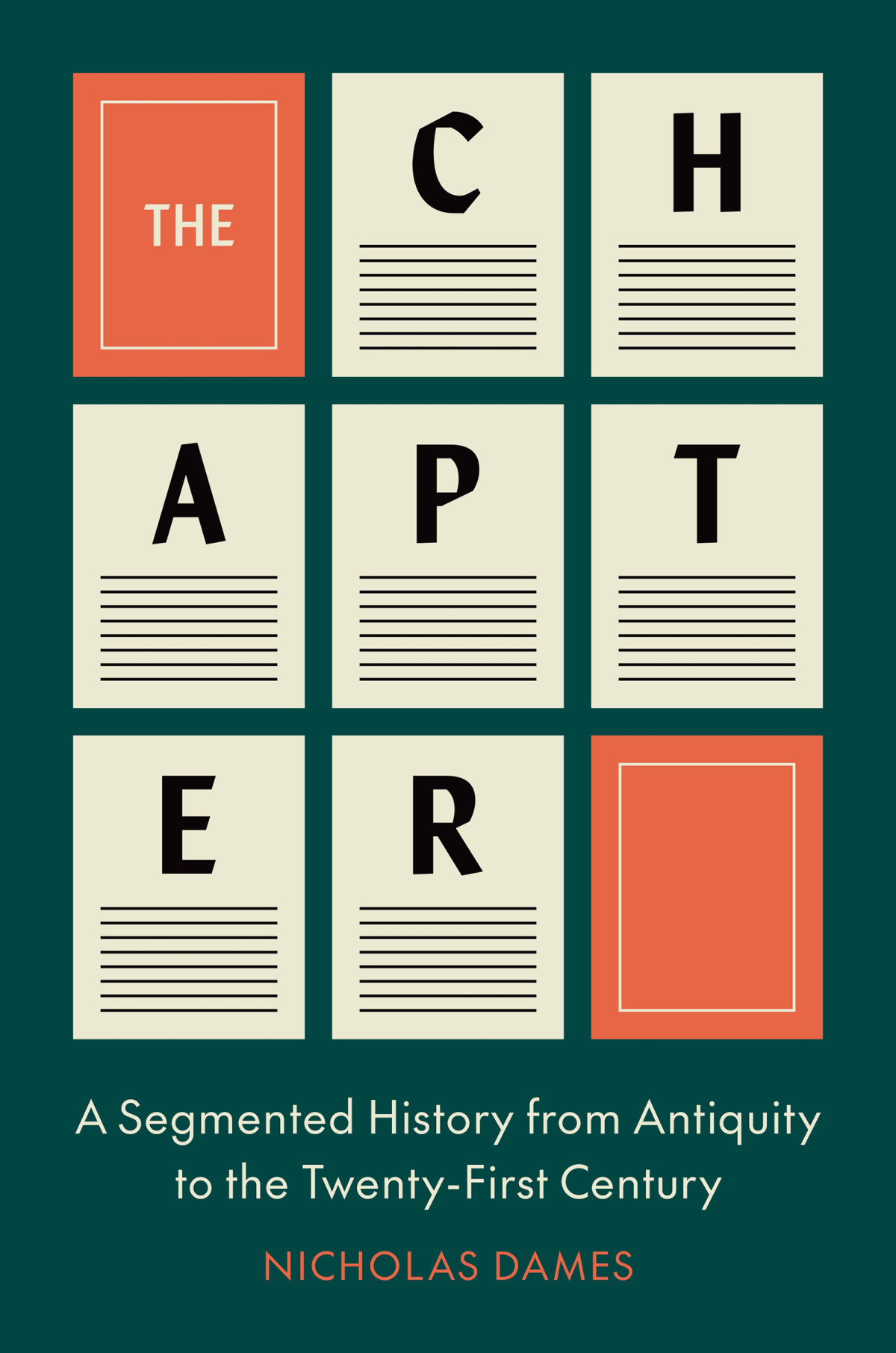

Most ebook files are in PDF format, so you can easily read them using various software such as Foxit Reader or directly on the Google Chrome browser.
Some ebook files are released by publishers in other formats such as .awz, .mobi, .epub, .fb2, etc. You may need to install specific software to read these formats on mobile/PC, such as Calibre.
Please read the tutorial at this link: https://ebookbell.com/faq
We offer FREE conversion to the popular formats you request; however, this may take some time. Therefore, right after payment, please email us, and we will try to provide the service as quickly as possible.
For some exceptional file formats or broken links (if any), please refrain from opening any disputes. Instead, email us first, and we will try to assist within a maximum of 6 hours.
EbookBell Team

0.0
0 reviewsA history of the chapter from its origins in antiquity to today
Why do books have chapters? With this seemingly simple question, Nicholas Dames embarks on a literary journey spanning two millennia, revealing how an ancient editorial technique became a universally recognized component of narrative art & a means to register the sensation of time.
Dames begins with the textual compilations of the Roman world, where chapters evolved as a tool to organize information. He goes on to discuss the earliest divisional systems of the Gospels & the segmentation of medieval romances, describing how the chapter took on new purpose when applied to narrative texts & how narrative segmentation gave rise to a host of aesthetic techniques. Dames shares engaging & in-depth readings of influential figures, from Sterne, Goethe, Tolstoy, & Dickens to George Eliot, Machado de Assis, B. S. Johnson, Agnès Varda, Uwe Johnson, Jennifer Egan, & László Krasznahorkai. He illuminates the sometimes tacit, sometimes dramatic ways in which the chapter became a kind of reckoning with time & a quiet but persistent feature of modernity.
Ranging from ancient tablets and scrolls to contemporary fiction & film, The Chapter provides a compelling, elegantly written history of a familiar compositional mode that readers often take for granted & offers a new theory of how this versatile means of dividing narrative sculpts our experience of time.
°°°
“[Dames] transforms the chapter into an extraordinarily revealing object of both literary analysis & cultural history. . . .” — Catherine Gallagher, Chronicle of Higher Education
°°°
Nicholas Dames is the Theodore Kahan Professor of Humanities at Columbia University & an editor in chief of Public Books. He is the author of The Physiology of the Novel: Reading, Neural Science, & the Form of Victorian Fiction & Amnesiac Selves: Nostalgia, Forgetting, & British Fiction, 1810–1870.